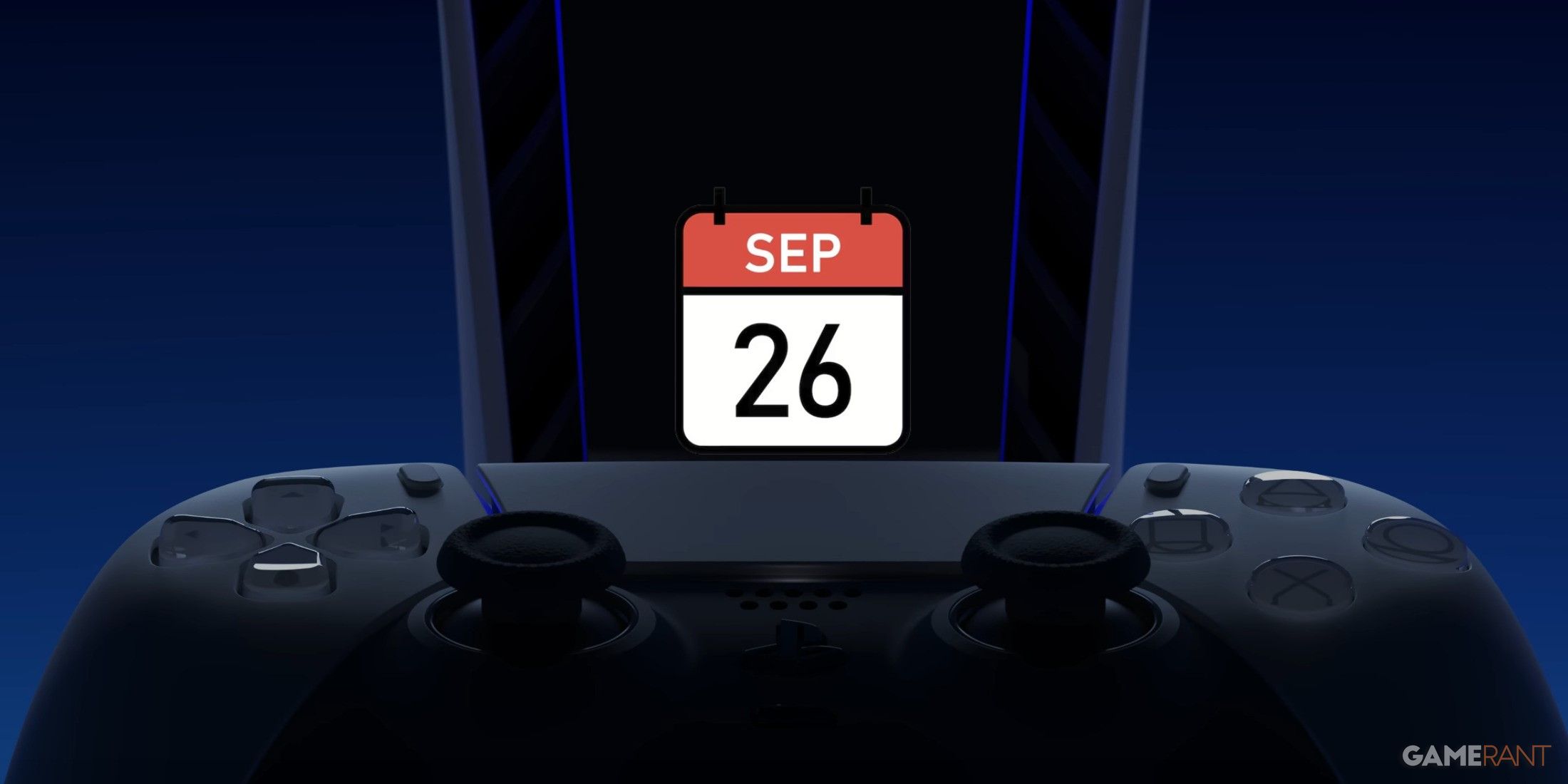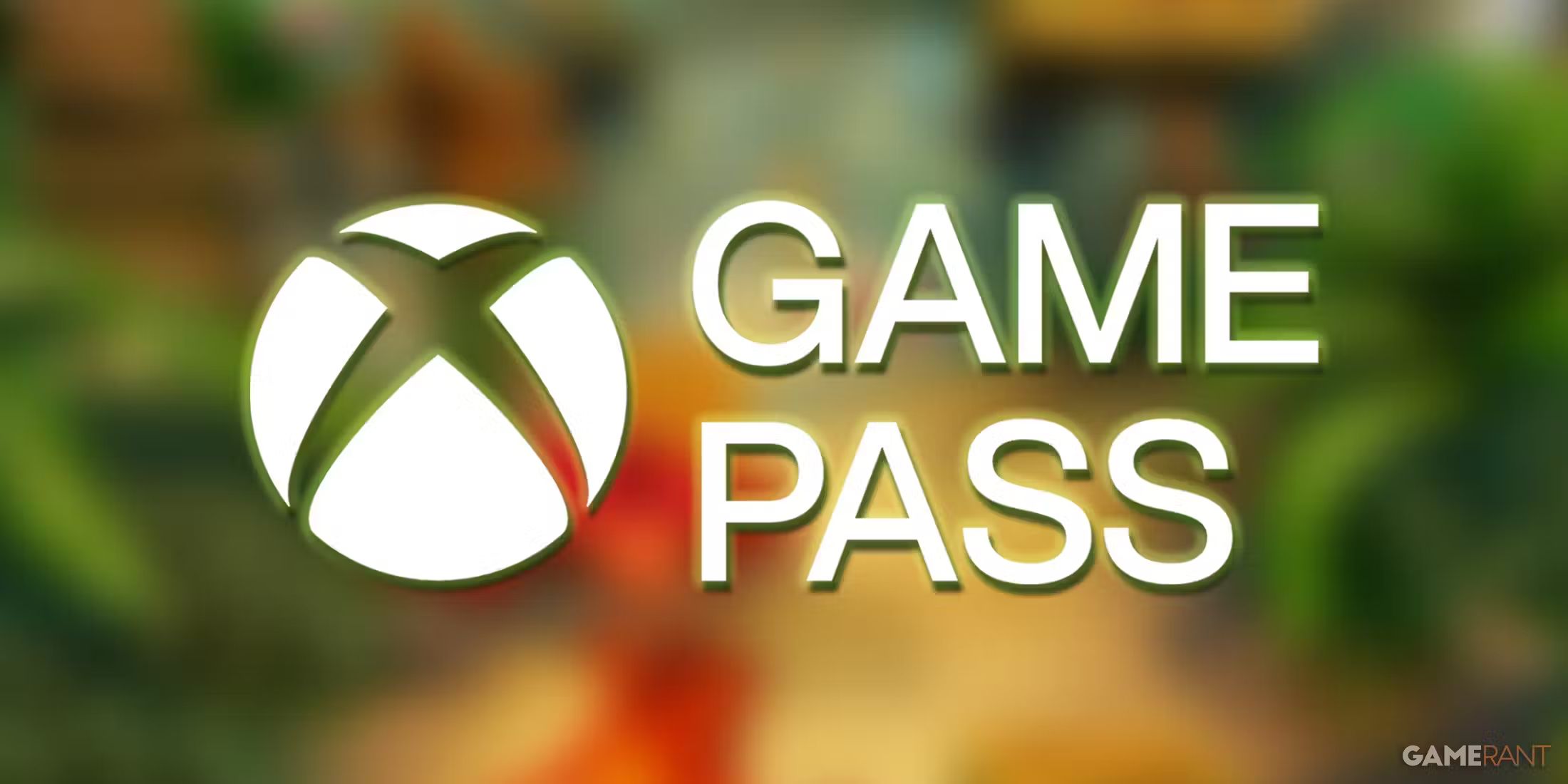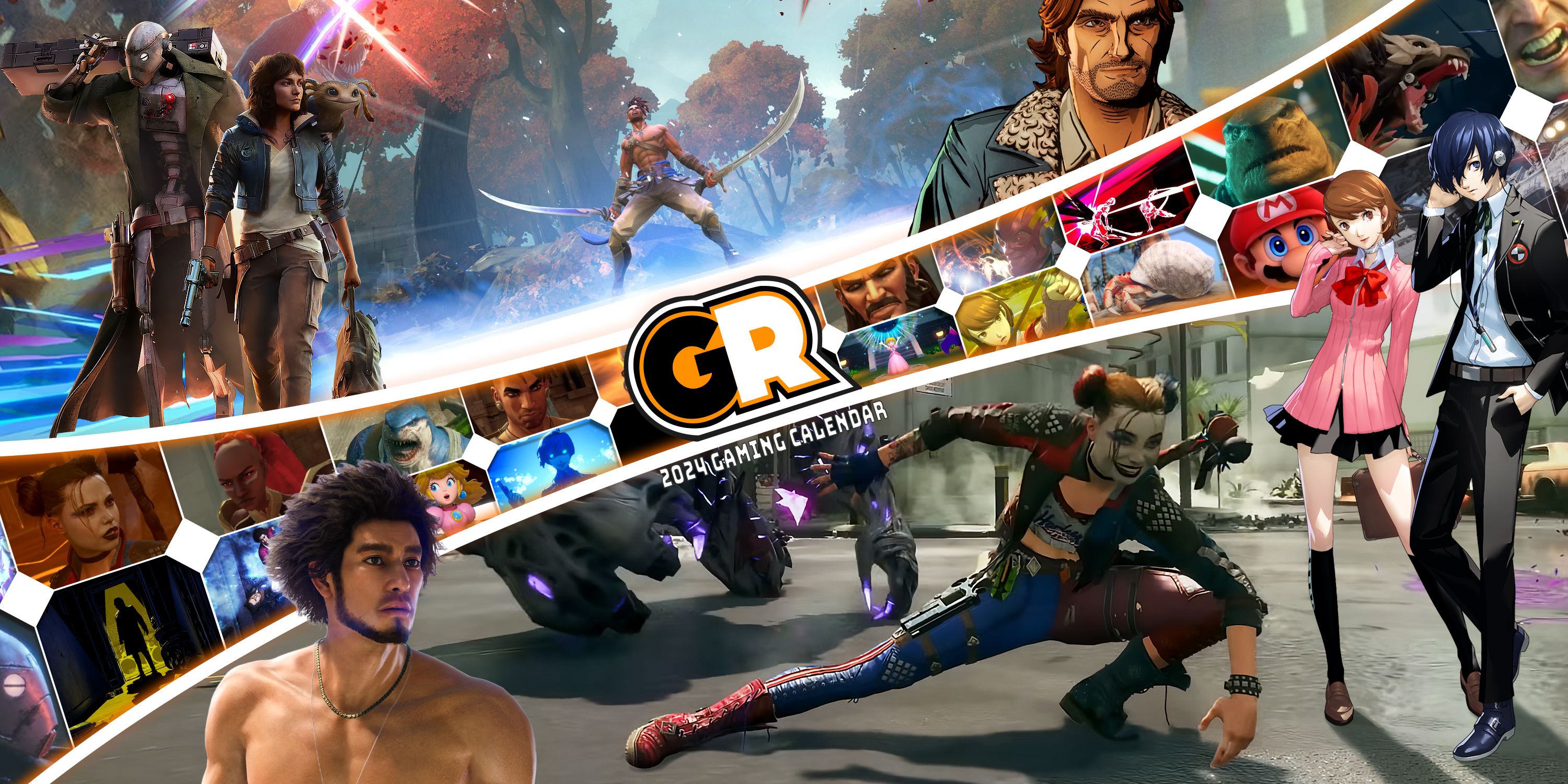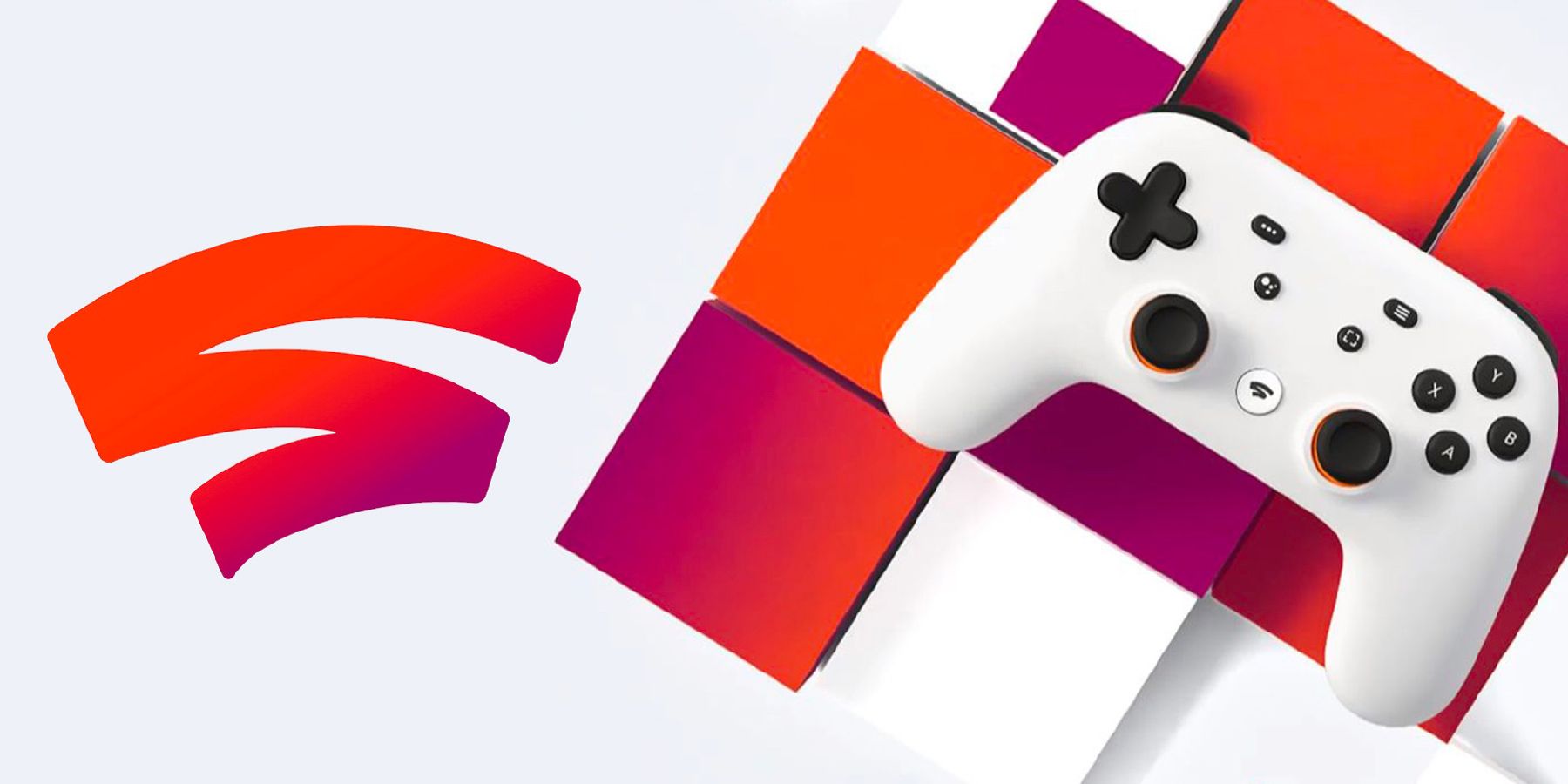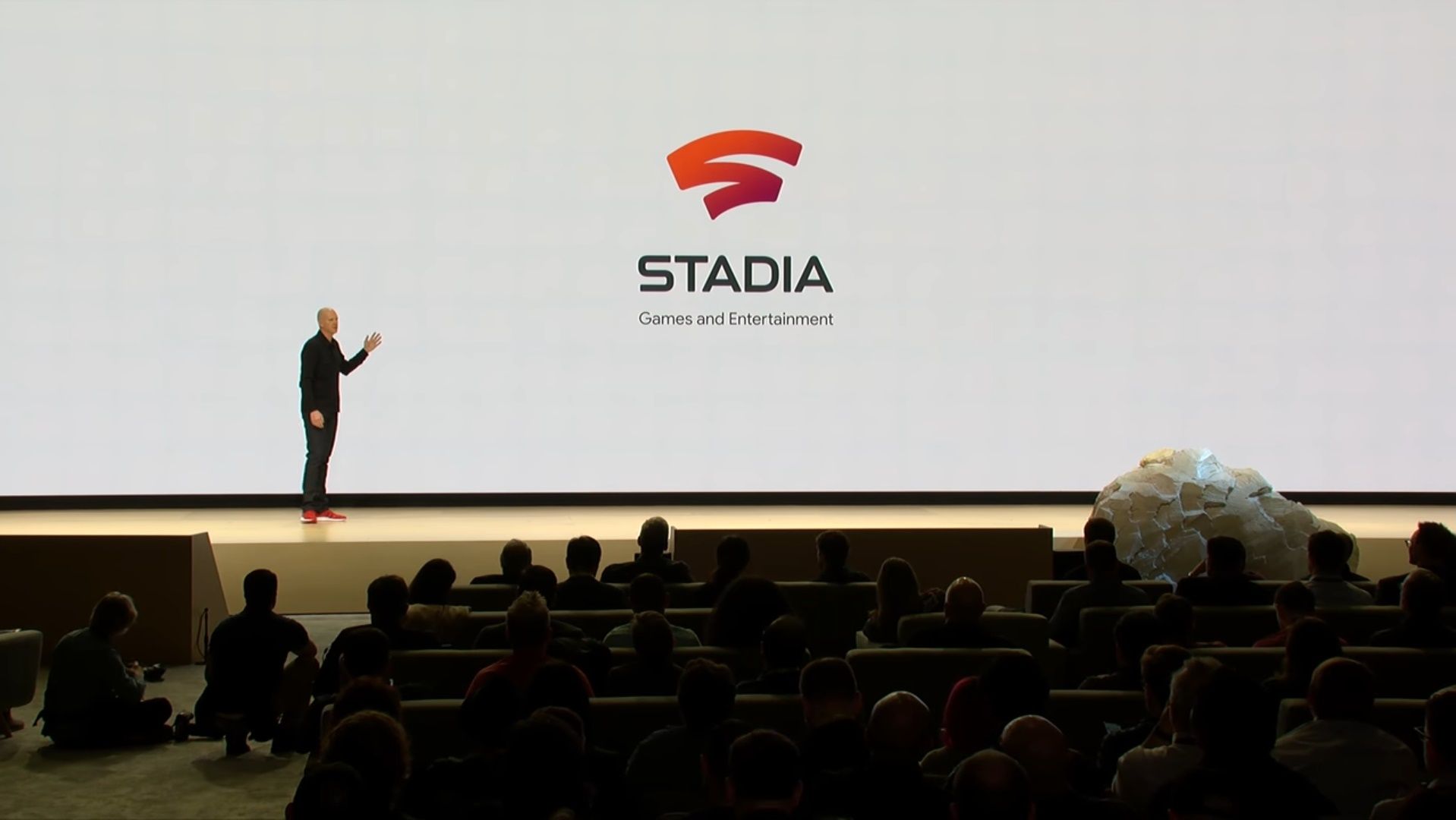Google Stadia, touted by PlayStation and Xbox veteran Phil Harrison as the future of gaming, has never truly lived up to the potential of its underlying technology. Announced in 2019 at the Game Developers Conference in San Francisco, Google Stadia promised seamless streaming of established video game franchises over the cloud and a library of enticing exclusives for its users to access.
However, when the platform launched just a few months after, not only was it already struggling with user retention, but it was missing several key features, as the development team itself remained split on how Google Stadia should have been rolled out – with one camp believing in doing a traditional console launch, and the other presenting it as a beta test.
The recent consolidation of major game publishers, between Microsoft purchasing Activision Blizzard, and PlayStation acquiring Bungie, has frightened Google's executives and spurred them into pursuing a conservative approach to Stadia's long-term future. The pivot from fully supporting the platform to trying to salvage its brilliant technology speaks volumes about the confidence the search engine giant has in competing against Xbox and PlayStation.
The peak of Google Stadia was during the release of Cyberpunk 2077, at a time when most players could not yet get their hands on the newest consoles and PC players battled strained graphics card supplies. In addition to Cyberpunk 2077, Google Stadia also boasted blockbuster titles such as Rockstar's Red Dead Redemption 2. Yet despite this, monthly subscriber count still lagged behind projected numbers by at least 25%, with the platform experiencing a peak of 750,000 monthly users.
As a result, Google has elected to focus most of its efforts on securing white-label deals that leverage the underlying technology which has recently been rebranded as Google Stream. While Google made a deal with Peloton to support games on its bikes, the exercise equipment company has halted production of its connected fitness products due to waning demand. Moreover, the talks that Bungie had with Google on using Stadia's technology to support a Bungie streaming service have been cast into uncertainty since Bungie's buyout by PlayStation.
While Google has chosen to still support the consumer end of Google Stream – namely the Stadia platform itself – its budget and focus have been greatly diminished. Though many insiders on the project want to keep the platform going long-term, its future in the gaming industry has become precarious indeed.
Source: Business Insider

